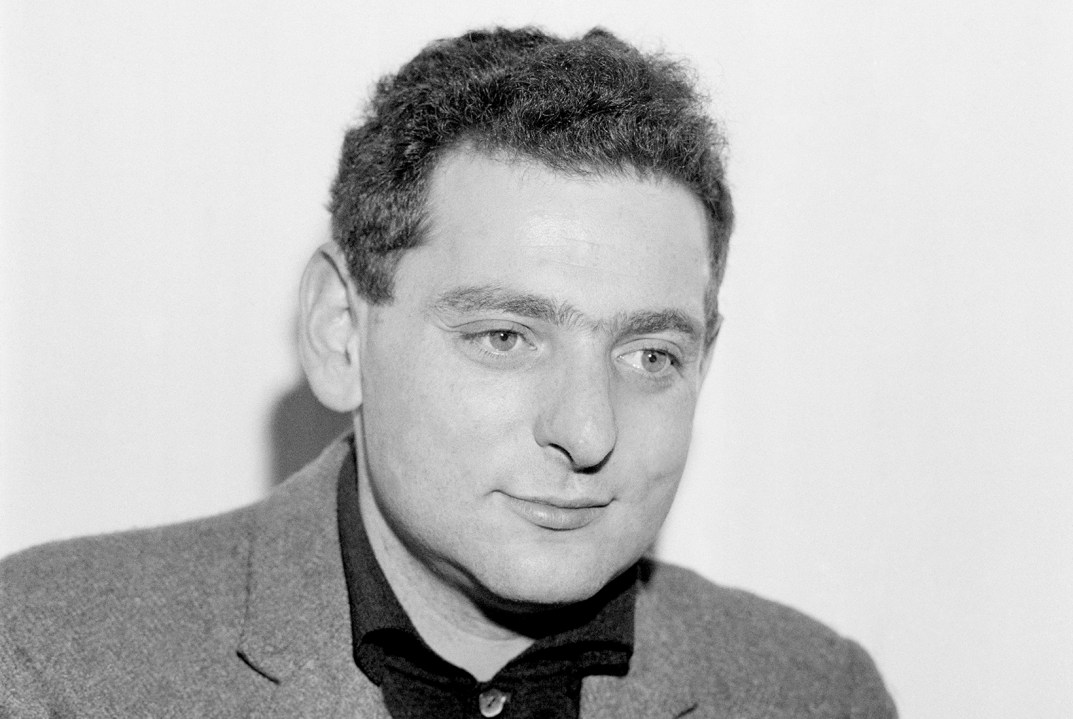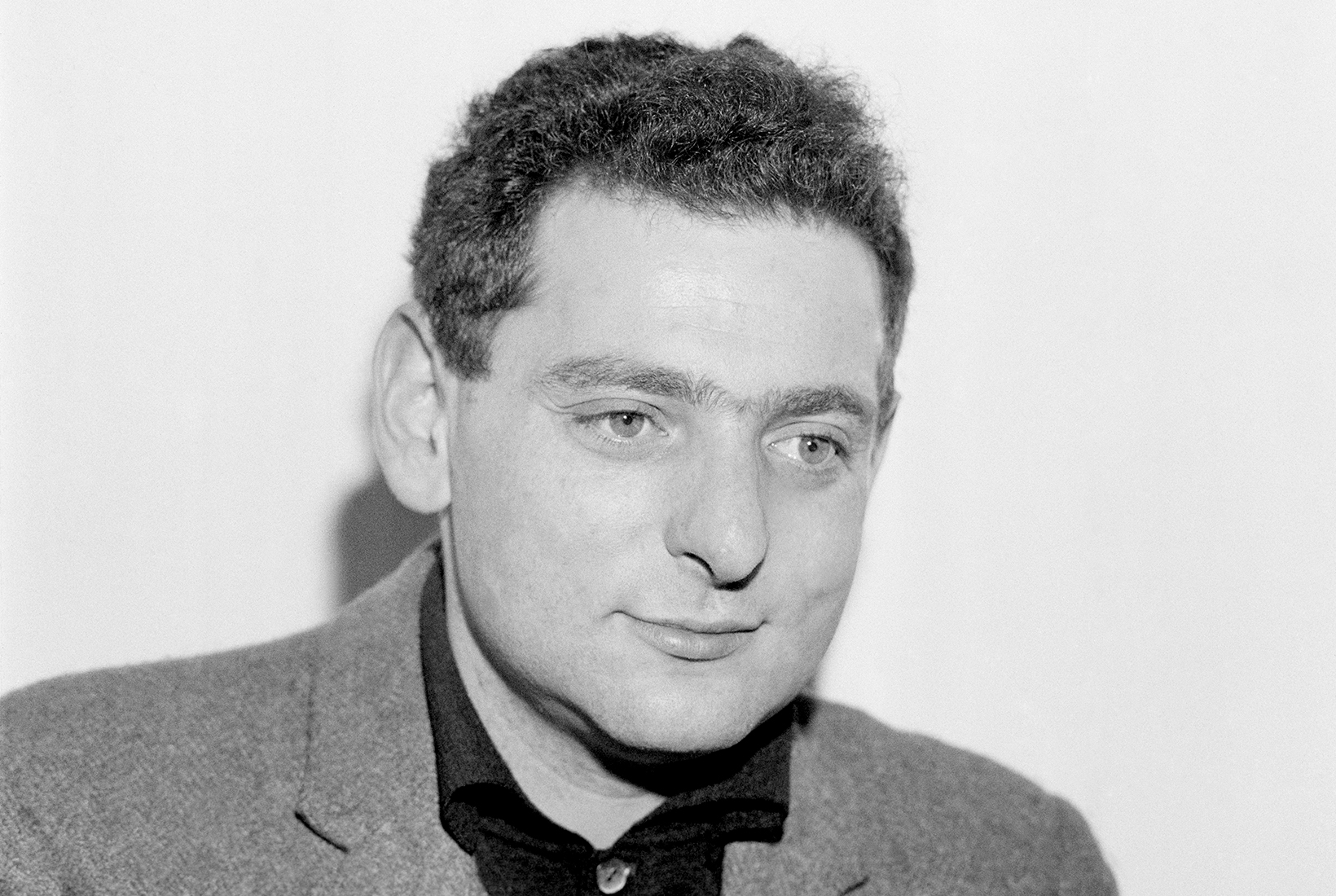Those who have been on creative writing courses may be familiar with the ‘I remember’ exercise. The two words become a prompt for whatever you recall, and can lead to a fruitful ramble into senses and impressions worth plundering later. It could be useful during a lockdown (‘I remember the water cooler/my girlfriend coming round/trains’) and at any time can evoke feelings of nostalgia.
The painter and poet Joe Brainard created the form, and his sequences of recollections snowballed into I Remember (1975), a sensual memoir of his childhood in Oklahoma (‘I remember my first erection’). The wonderful Georges Perec heard about it from a friend. He didn’t read Brainard, but adopted the form and made it his own. Perec found rules a way to blast through writer’s block: that was one reason why he wrote a novel without using the letter ‘e’.
If Brainard’s reminiscences are intimate and suggestive, Perec’s may strike readers as geeky. The book is playful: word games, advertising slogans, mnemonics, westerns, quiz shows, cycling events and old bus routes account for many of the 479 memories. (Why 479? It’s the 92nd prime number, obvs.) Much of this makes the translation, by Philip Terry, no less a challenge than other works by Perec, with new, English puns. So a joke about place names in the Yonne department migrates to Cornwall: ‘I remember: Wondering where I’d put my new key/I checked the loo,/But found it in a mouse hole.’ Sometimes he rises to it; sometimes David Bellos’s notes explain the original French. Both are rewarding.
And Bellos is keen to join in the fun. He tells us he too remembers a Citroen 11CV; he too remembers Emil Zátopek, and was inspired by him to take up cross-country running. These notes, alongside the introduction, are as much a reason to buy the book as the text is. Bellos explains that the prompts are an invitation from Perec to add your own examples, and there are blank pages for you to do just that.
But I remember Bellos’s biography. In the brilliant Georges Perec: A Life in Words, he says that Perec’s recollections are mostly accurate, and he’s surely right. He ought to know: he comments, on Perec’s extraordinary list of everything he consumed in 1974, that there’s at least one bottle of champagne that was missed out. He also explains Perec’s tendency, most notably in W, or the Memory of Childhood, to muddle or mistake memories — for example, deliberately putting VJ Day on 8 May.
All that has a darker point. Perec was orphaned by the war and by the Holocaust; his memories of his childhood are of evacuation and hiding. We learn throughout his work that what we remember is at once shaky and fragile. Among the jokes are allusions to the Vichy regime or Algeria. They lend a solemnity to what is mostly a joyous, if fragmented, summoning up of an already faded world.







Comments